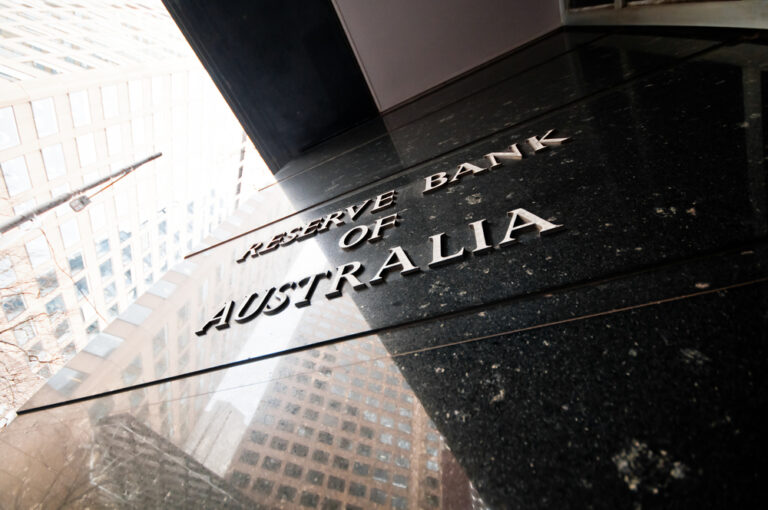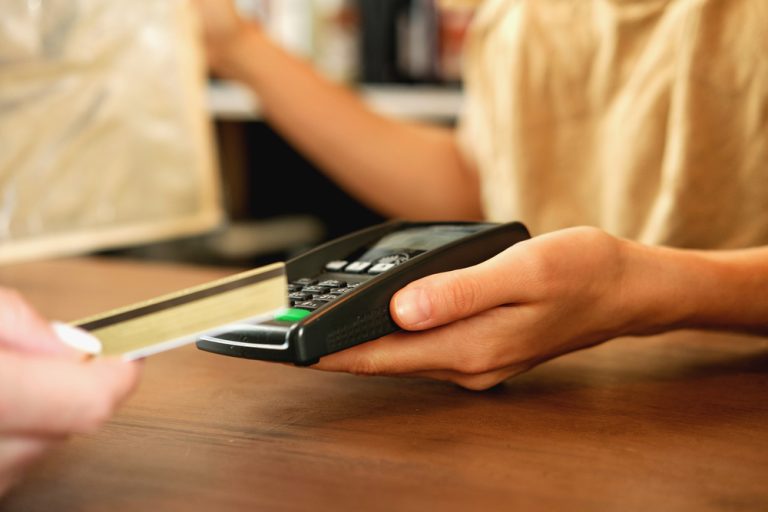Quarterly Economic Update: October-December 2024
The final quarter of 2024 reflected a mixed economic landscape. While consumer spending and equity markets showed resilience, persistent inflation, cost-of-living pressures and a cooling housing market have tempered optimism. Interest Rates – Will They Rise or Fall? Inflation in Australia showed signs of easing during the final months of 2024, with the trimmed mean inflation rate falling to 3.2% in November, down from 3.5% in October. The RBA held the cash rate steady at 4.35% during its December meeting, emphasising the need to maintain current policy settings to bring inflation back within the target range over time. Monthly consumer price index (CPI) data for November indicated a 2.3% rise in the 12 months to November 2024, up from a 2.1% rise in October, according to the Australian Bureau of Statistics. Economists remain divided on whether further rate hikes will be necessary in 2025, with some predicting a rate cut as early as February. Cost of Living Pressures Continue Total spending across the Australian economy increased by 1.5% in the September quarter of 2024 compared to the 2.2% in same period of 2023. Essential spending has decreased in the same period due to a decline in petrol prices and various energy relief programs. Discretionary spending increased by 0.8% compared to the same period in 2023, indicating potential signs of recovery. However, data shows that young Australians cut back spending 2% over the past year, while those aged over 60 increased their spending by 3.9% and those over age 70 increased their spending by 7.7%. Black Friday Means Big Spending Australians spent approximately $7 billion in November’s Black Friday and Cyber Monday sales – a 4% increase compared to the same period in 2023. This rise was driven by strong demand for electronics, apparel, and household goods. In-store shopping experienced a notable resurgence, with physical stores accounting for a significant portion of the sales growth. Is the Housing Market Finally Slowing? Australia’s housing market experienced a slight downturn, with national home values recording their first decline in nearly two years. CoreLogic data for December shows a 0.1% decrease in dwelling values, driven by higher interest rates, reduced borrowing capacity, and increasing cost-of-living pressures. The supply of new housing remains constrained, exacerbating affordability challenges. Global Outlook for 2025 Globally, the economic outlook remains resilient, despite significant risks. According to the OECD, global growth is expected to stabilise at around 3% in 2025 and 2026, underpinned by robust performance in emerging economies and gradual recovery in advanced economies. Geopolitical tensions, including conflicts in Ukraine and the Middle East, continue to pose challenges to supply chains and energy markets. Persistent inflation in key regions and the potential for monetary tightening remain areas of concern. For Australia, economic ties with China and commodity exports are key factors influencing the outlook, especially as China’s economic activity shows signs of stabilising. Trump’s Inauguration Looms The inauguration of the Trump administration on January 20th has prompted considerable speculation about potential economic implications. Key areas of focus include trade policy shifts, tax reforms, and geopolitical stability. Early indications suggest a renewed focus on protectionist policies, including higher tariffs on imports from key trading partners. For Australia, this could mean increased challenges in sectors like agriculture and mining, where access to the US market is critical. Stock Market Outlook Australian equities ended the year on a positive note, buoyed by easing inflationary concerns in the US and hopes of a soft landing for the global economy. The ASX200 recorded modest gains in December, aligning with broader global trends. However, analysts caution that 2025 may bring volatility, driven by geopolitical risks, fluctuating commodity prices, and uncertainty in monetary policies. The information provided in this article is general in nature only and does not constitute personal financial advice.


